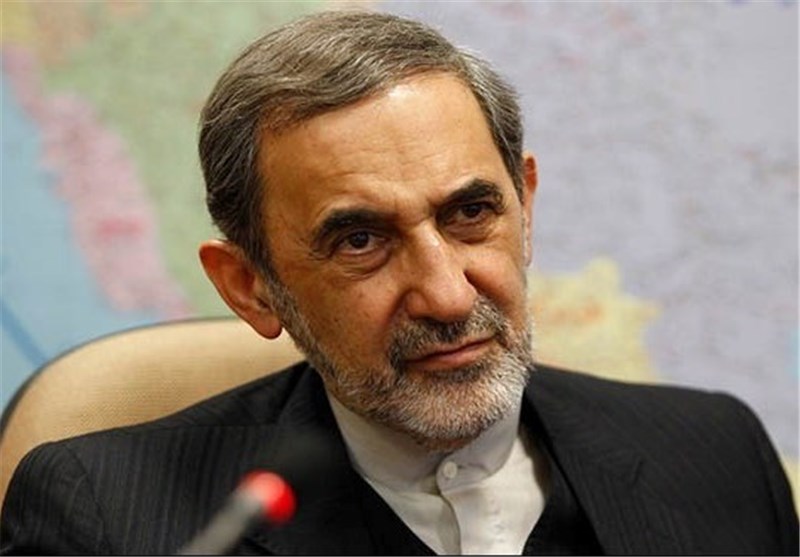
RNA - “Americans have no goodwill in advocating the truce in Syria,” Velayati told reporters on the sidelines of a conference in Tehran.
“They are seeking regime change in Syria, and the Syrian ceasefire is a pretext for changing the government of Bashar al-Assad,” he added.
“Deciding on the future of Syria is only possible through the Syrian nation’s will, not through the UN’s decision or that of other states,” Velayati stressed.
A cessation of fighting in Syria that took effect on Saturday was part of a negotiated deal, based on the United Nations Security Council Resolution 2254, passed in December 2015.
The deal that contained three main commitments around humanitarian access, a negotiated ceasefire and a political transition was reached in Munich by the International Syria Support Group (ISSG), a group of international actors mandated to find a resolution to the Syrian conflict.
In theory, the ceasefire should apply to all of Syria. However, Russia has insisted that, along with its allied forces, it reserve the right to attack the Daesh (ISIL) group and al-Nusra Front forces as these two groups are outside the framework of the ceasefire, as are other groups labelled as “terrorist” by the UN.
The Russian coordinating unit in Syria said there had been nine breaches of the ceasefire, although the partial cessation of hostilities appeared to be broadly intact.
There are efforts to strengthen the ceasefire, increase humanitarian access and build confidence before the resumption of peace talks in Geneva on March 7.
Syria has been gripped by civil war since March 2011 with Takfiri terrorists, including the Daesh (ISIL) terrorist group, currently controlling parts of it, mostly in the east.
The Syrian conflict has killed at least 260,000 people, according to the UN, and more than half of Syria’s pre-war population of 22.4 million has been internally displaced or fled abroad.
R111/108/C/